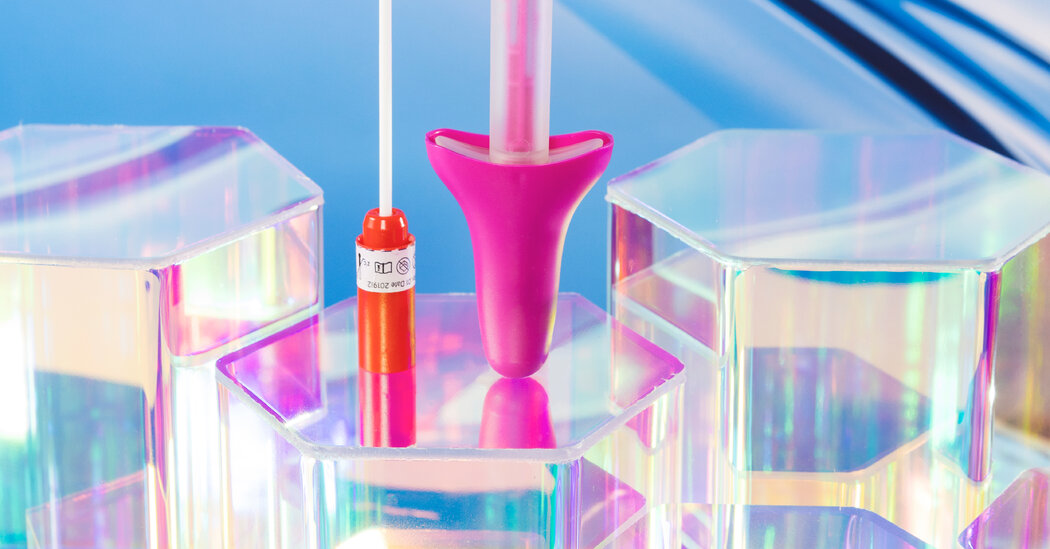Starting this fall, women will be able to use a simple swab to screen for cervical cancer. The method offers an alternative to a procedure that many dread — and promises to address disparities in who develops the disease.
For some women, getting a Pap smear is hell.
Since her early twenties, Kevinn Poree has suffered from chronic vaginal pain — pain that led her to scream in agony the first time a gynecologist tried to insert a speculum.
“I completely lost it,” Ms. Poree, 38, said. After the speculum was removed, she started “crying in the fetal position.”
Ever since, like many women, she has dreaded the cervical cancer screening test, which requires a patient’s legs to be held apart with stirrups and a cold metal device to be inserted vaginally, while a physician scrapes cells from the cervix.
Even when acute pain isn’t an issue, research suggests that, for many, Pap smears are uncomfortable, for a complex set of physical and emotional reasons.
“There are people who experience distress,” due to fear or embarrassment or a history of sexual trauma, said Karen Knudsen, the chief executive of the American Cancer Society.
Now, a handful of health care companies are preparing to introduce a new model for cervical cancer screening and prevention that would circumvent the speculum: self-collection, in which a woman swabs her vagina in the doctor’s office, using only a narrow swab that looks similar to the one used during a Covid test. Once the sample is collected, a lab would test it for the strains of human papillomavirus, or HPV, most likely to cause cervical cancer.
